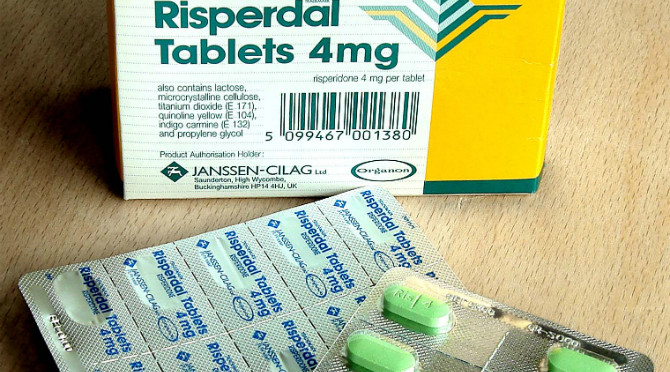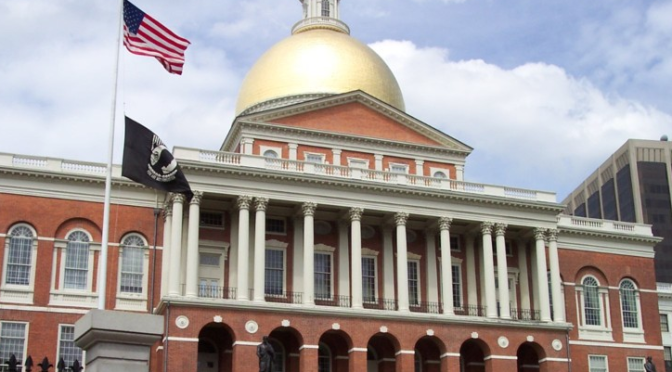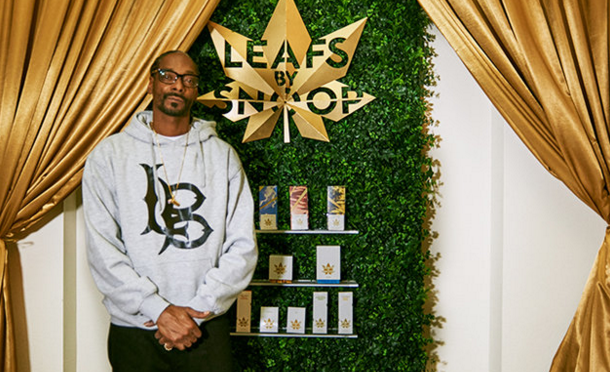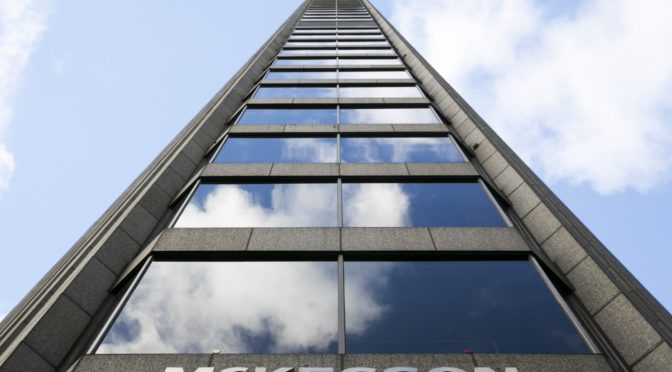A California law firm has received over 5,000 calls from around the world after it launched a class-action lawsuit Wednesday against EOS — a lip balm that’s been endorsed by celebrities like Kim Kardashian, Miley Cyrus, Britney Spears and Hilary Duff.
The lawsuit (which you can read in its entirety below) alleges the product can cause “devastating adverse reactions.”
Rachael Cronin, who launched the suit, claims her lips began cracking, blistering and bleeding within days of trying the product. Her condition reportedly lasted for 10 days.
“She describes not being able to eat food because it was so painful,” said Ben Meiselas, an attorney at Geragos & Geragos.
Cronin approached the law firm in December after going to a doctor and doing some research online, where she reportedly found similar complaints from people on message boards.
In the lawsuit, the potential side-effects of using the lipbalm include:
- rashes
- dryness
- bleeding
- blistering
- cracking
- loss of pigmentation
The latter symptom can allegedly last anywhere from a few days to a few months, according to the lawsuit.
EOS bills its lipbalm as 99 per cent natural, gluten and paraben-free.
“Poison ivy is 99 per cent natural and organic,” Meiselas said of the claim. “Stating something is natural, organic or gluten-free — that doesn’t tell you what’s in it.”
Cronin’s legal team believes certain ingredients in the product are problematic. At least one, Meriselas claims, is apparently a major nut allergen and not labelled as such. Meiselas says another has allegedly been known to cause hemorrhaging and bleeding, and medical literature reportedly says you shouldn’t apply it to your face or lips.
“When you go to the website, there’s absolutely no warnings,” he said, adding there are also no warnings on the packaging.
Read Full Article – http://globalnews.ca/news/2453993/popular-celebrity-endorsed-lip-balm-eos-subject-of-class-action-lawsuit/





